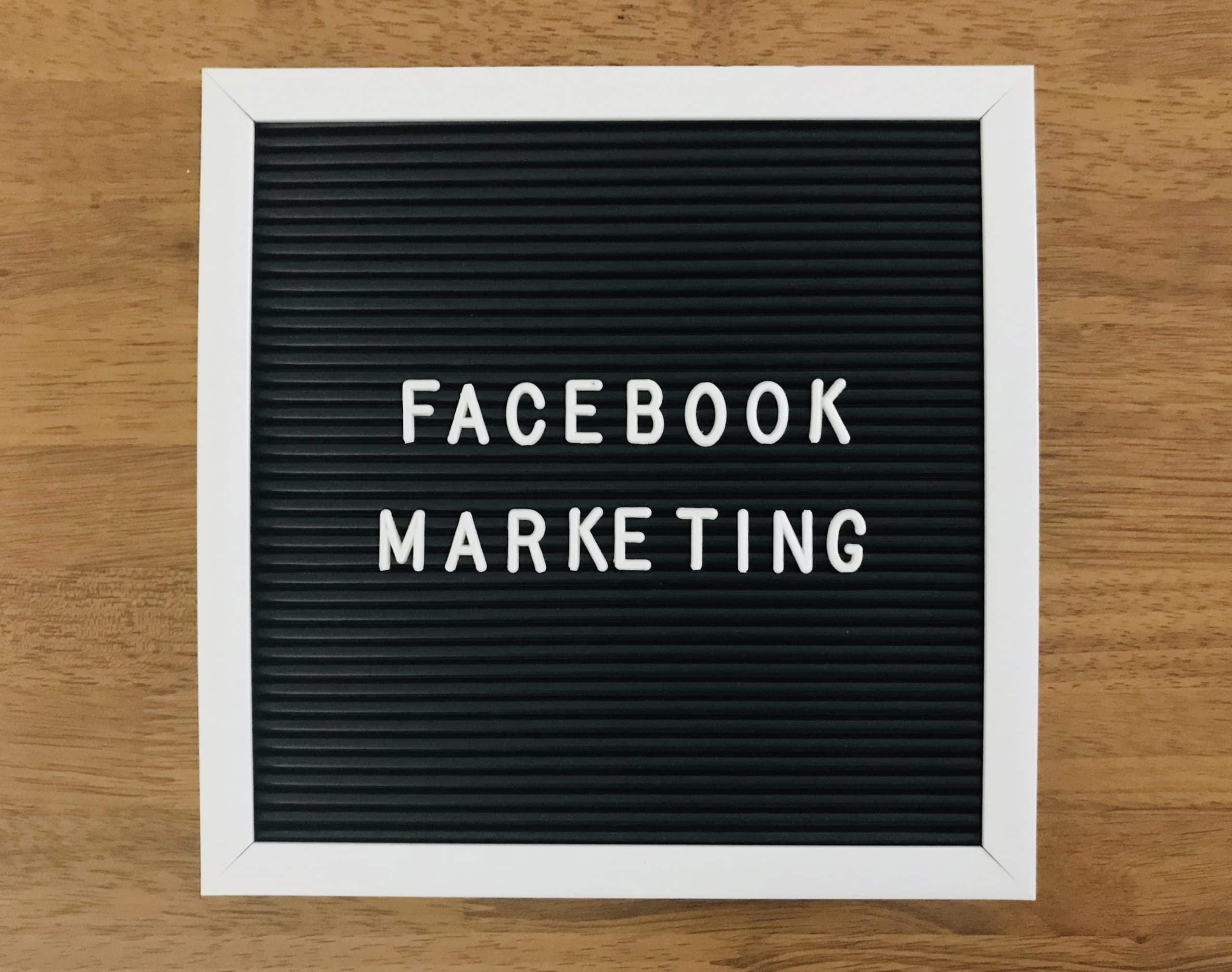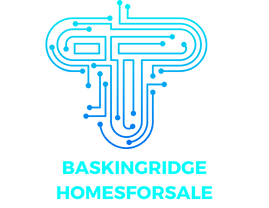What Are the Effective Ways UK SMEs Can Use Facebook Ads for Targeted Marketing?

When you are a small or medium enterprise (SME) in the UK, finding ways to stretch your marketing budget can be challenging. That's where Facebook, with its vast audience and sophisticated advertising tools, comes in. Facebook's ad platform offers businesses of all sizes a powerful way to reach and engage their target customers. From creating a robust business page to leveraging the platform's unique audience targeting features, this article will explore effective ways SMEs can use Facebook ads for targeted marketing.
Harness the Power of the Facebook Business Page
Before you can start advertising on Facebook, you need to create a Facebook Business Page. This page will be the home base for your brand on the social media platform. It's where you'll share content, interact with users, and run your Facebook ads.
Avez-vous vu cela : Exploring delphy: advanced hydrogen storage solutions unveiled
Your business page isn't just an online billboard—it's a way to show what your brand is all about. By sharing high-quality images, engaging videos, and useful information, you can build a community around your business.
Facebook's advertising operates within its ecosystem. That means the ads you run will direct people to your business page, not your external website. So, before you invest in ads, ensure your business page is engaging and informative. It should represent your brand well and provide value to your audience.
Lire également : How Can UK Urban Boutiques Use Pop-up Events to Drive Foot Traffic?
Use Facebook's Detailed Targeting Features
One of the best features of Facebook advertising is its detailed targeting. Facebook collects data from its users — data you can use to reach your target customers more effectively.
You can target people based on demographics such as location, age, gender, and language. For example, if your SME is a local bakery in London, you can target users in the London area who have shown an interest in bakeries or dessert shops.
Facebook's targeting isn't limited to basic demographics. You can also target users based on their interests, hobbies, and online behavior. For instance, if your SME sells cycling equipment, you can target users who have shown an interest in cycling, outdoor activities, or fitness.
By using this detailed targeting, SMEs can ensure they are only spending their advertising budget on users who are likely to be interested in their products or services.
Leverage the Power of Custom Audiences
Facebook's Custom Audiences feature is a powerful tool for SMEs. It allows businesses to target their ads to specific groups of people who have already interacted with them in some way, such as visiting their website or subscribing to their newsletter.
You can use Facebook Pixel, a small piece of code that you install on your website, to track these interactions. When a user visits your site or performs a certain action, the Pixel records it. You can then create a Custom Audience that includes these users and target your Facebook ads to them.
This strategy is particularly effective for retargeting. For instance, if a user visited your website and added a product to their cart but didn't complete the purchase, you can target an ad to them reminding them of their abandoned cart.
Master the Art of Ad Creation and Placement
The process of creating and placing your Facebook ads is crucial to their success. Your ads need to be engaging, relevant, and visually appealing to stand out in the crowded Facebook news feed.
Start with a compelling headline and a clear call to action. The image or video in your ad should be high-quality and relevant to your product or service. Remember, your ad isn't just competing with other businesses—it's competing with everything else on the user's news feed, from posts by their friends to updates from other pages they follow.
Ad placement is also crucial. Facebook offers several ad placements, including the news feed, the right-hand column, and the stories section. Each of these placements has its pros and cons, and the best one for your business will depend on your specific goals and target audience.
Measure, Analyze, and Adjust Your Ads
To make the most of your Facebook advertising efforts, it's essential to measure the performance of your ads, analyze the results, and make adjustments as needed.
Facebook provides a wealth of data on how your ads are performing in terms of reach, engagement, and conversions. By regularly checking these metrics, you can see what's working and what's not, and adjust your strategy accordingly.
For instance, if one of your ads isn't performing as well as you'd like, you might try testing a new headline, image, or call to action. If an ad is performing well, consider increasing your budget for it to reach even more people.
Remember, Facebook advertising isn't a set-it-and-forget-it strategy. It requires ongoing testing, analysis, and adjustment to achieve the best results.
As you implement these strategies, keep in mind that the most effective Facebook advertising campaigns are those that focus on building genuine relationships with consumers. By providing valuable content, engaging with users, and using Facebook's powerful targeting tools, SMEs can connect with their audience in meaningful ways, driving growth and success for their business.
Boost Your Brand Awareness with Boosted Posts
One of the easiest ways to get started with Facebook advertising is by boosting posts. Boosted posts are simply posts that you pay to show to a wider audience. They can be a valuable part of your marketing strategy for increasing brand awareness and engaging with potential customers.
Boosting a post can be as simple as clicking the “Boost Post” button beneath any post on your Facebook Business Page. From there, you can set up your target audience, budget, and duration for the ad. You can choose to target people who like your page, people who like your page and their friends, or a custom audience. This flexibility allows small businesses to use boosted posts in a way that aligns with their specific goals and target audience.
It’s also worth noting that boosted posts still function like regular posts. That means that users can like, comment on, and share them, thereby increasing your reach even further.
A key point to remember is that not all posts are worth boosting. You should choose posts that are already popular or ones that showcase your products, services or key aspects of your brand. And as with all Facebook advertising, it’s important to monitor the performance of your boosted posts and adjust your strategy as necessary.
Drive Lead Generation with Facebook Lead Ads
For small businesses looking to generate leads, Facebook's Lead Ads could be a game-changer. Unlike traditional ads that direct people to your website, Lead Ads include a contact form that users can fill out without leaving Facebook. This makes it easier for potential customers to express interest in your business, products or services.
When setting up a Lead Ad, you can customize the contact form to ask for the information you need, such as name, email address, phone number, or specific questions related to your business. You can even include a privacy policy link and a thank you message.
To boost the effectiveness of your Lead Ads, consider offering an incentive for people to fill out the form. This could be a discount code, a free guide, or an entry into a competition. This can increase the likelihood of people engaging with your ad and providing their contact information.
The leads you generate can be downloaded directly from Facebook or integrated with your CRM for easier management. By using Lead Ads, SMEs can streamline their lead generation process and build a database of potential customers.
Conclusion
Facebook offers myriad opportunities for UK SMEs to reach and engage their target audiences. The platform’s sophisticated ad system allows businesses to create highly targeted ads, boost posts for greater visibility, and even generate leads directly from the platform.
By harnessing the power of the Facebook Business Page, using detailed targeting features, leveraging custom audiences, mastering ad creation and placement, analyzing and adjusting ad performance, boosting posts, and using Lead Ads for lead generation, small businesses can maximize their marketing budget and achieve their business goals.
The key to Facebook advertising success lies in understanding your target audience, providing valuable content, and constantly monitoring and tweaking your approach based on performance data. It's not just about reaching as many people as possible, but about reaching the right people and nurturing these relationships to convert them into loyal customers.
Remember, in the realm of digital media advertising, Facebook isn't just an option; it's a necessity for small businesses to thrive in today's digital age. So, start exploring Facebook's advertising tools and get ready to take your business to new heights.
